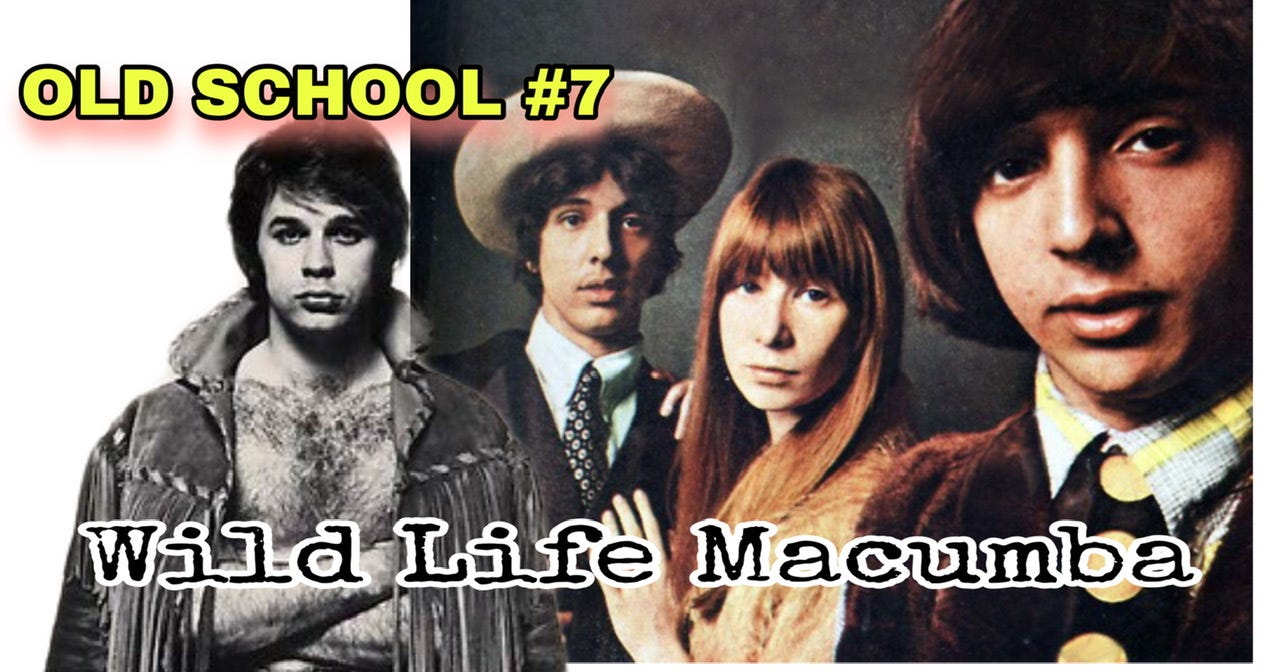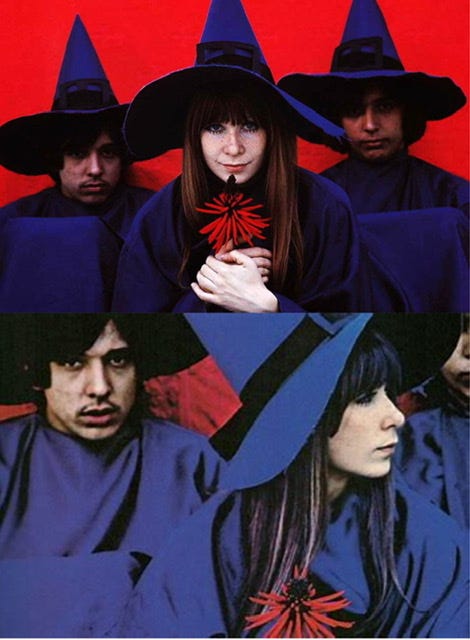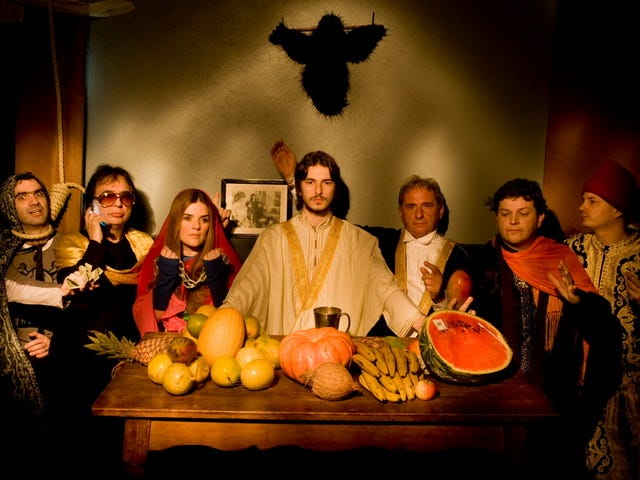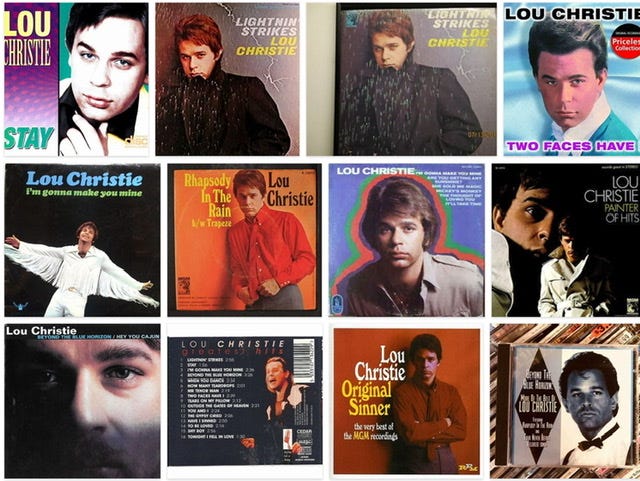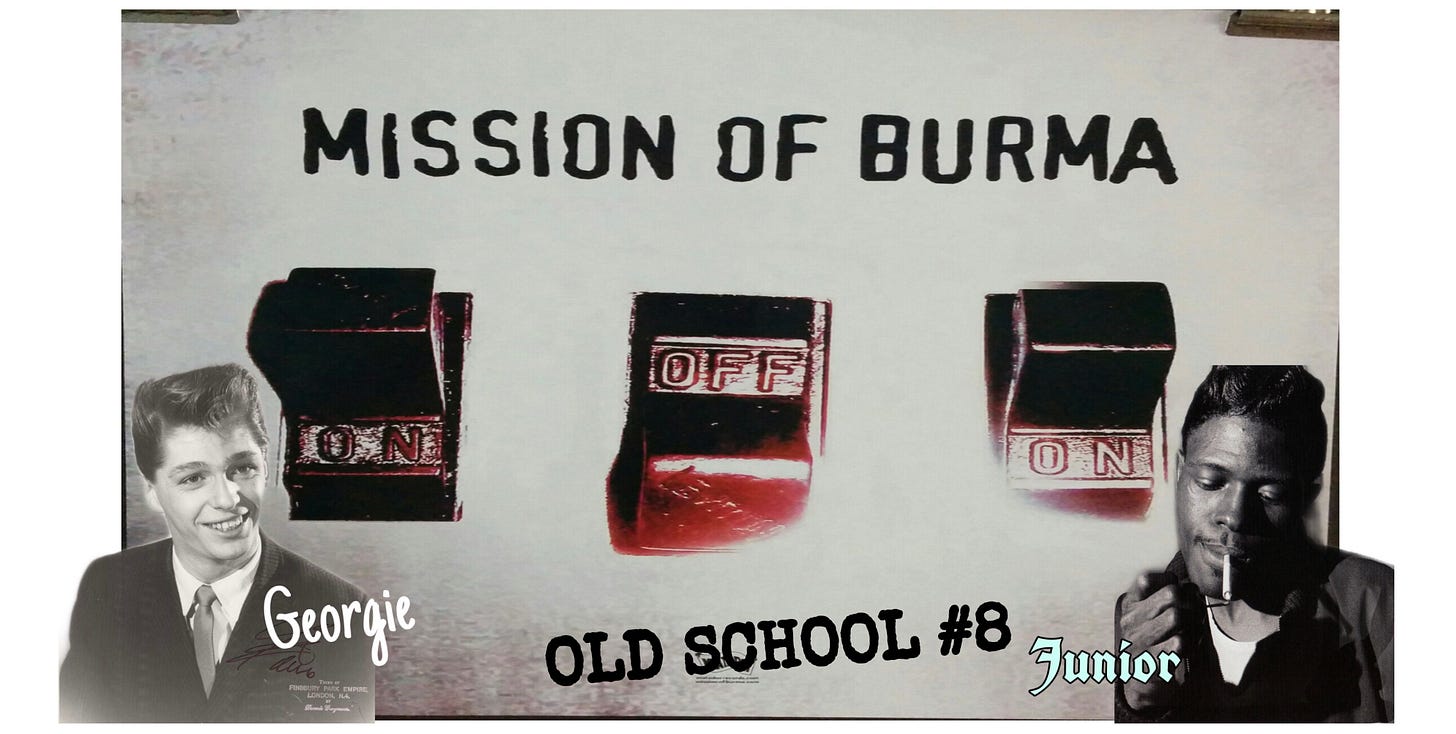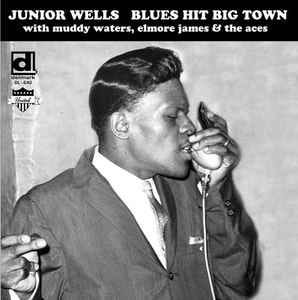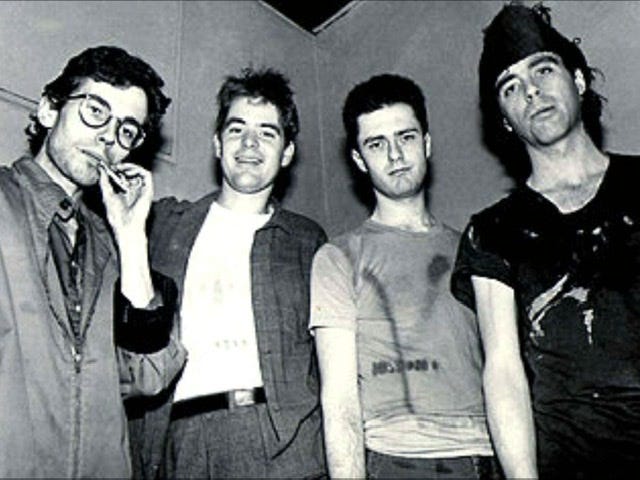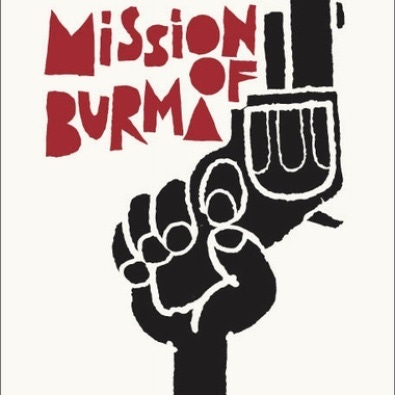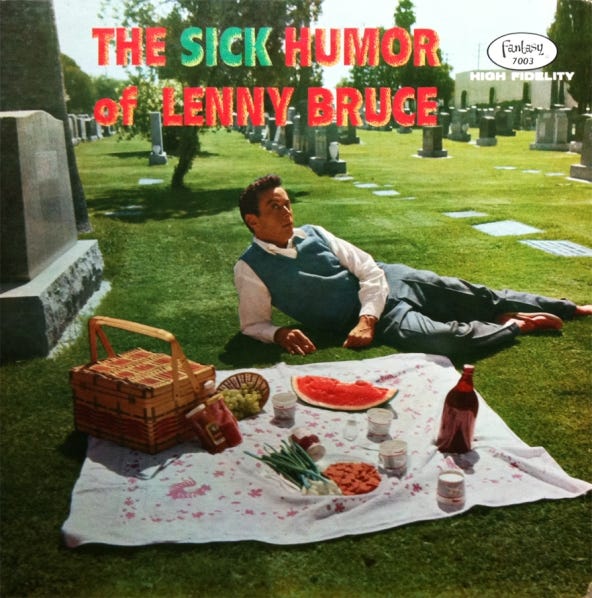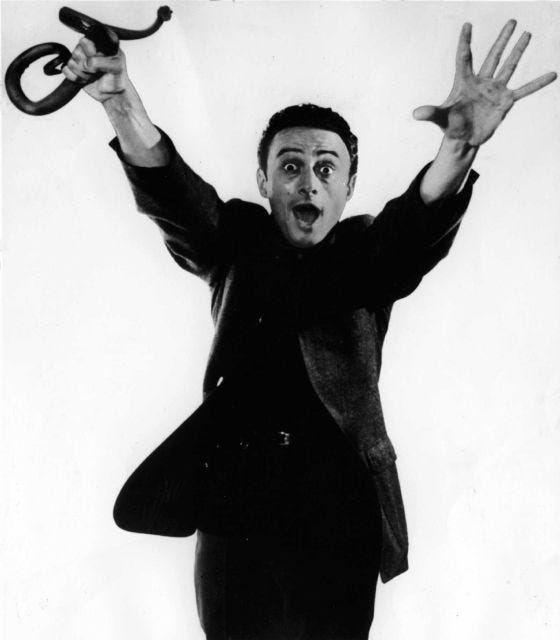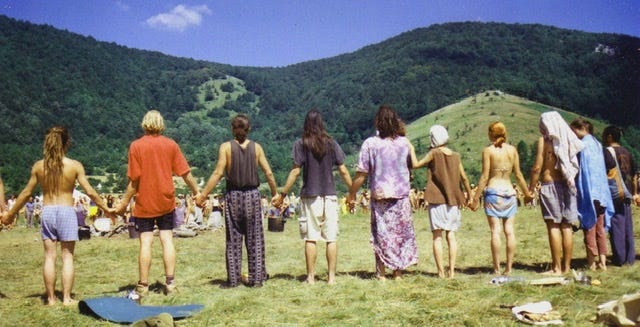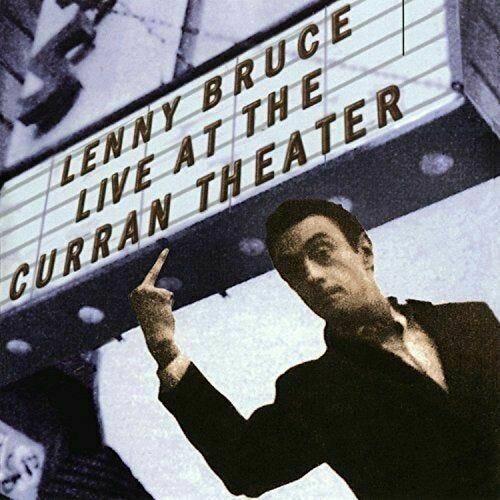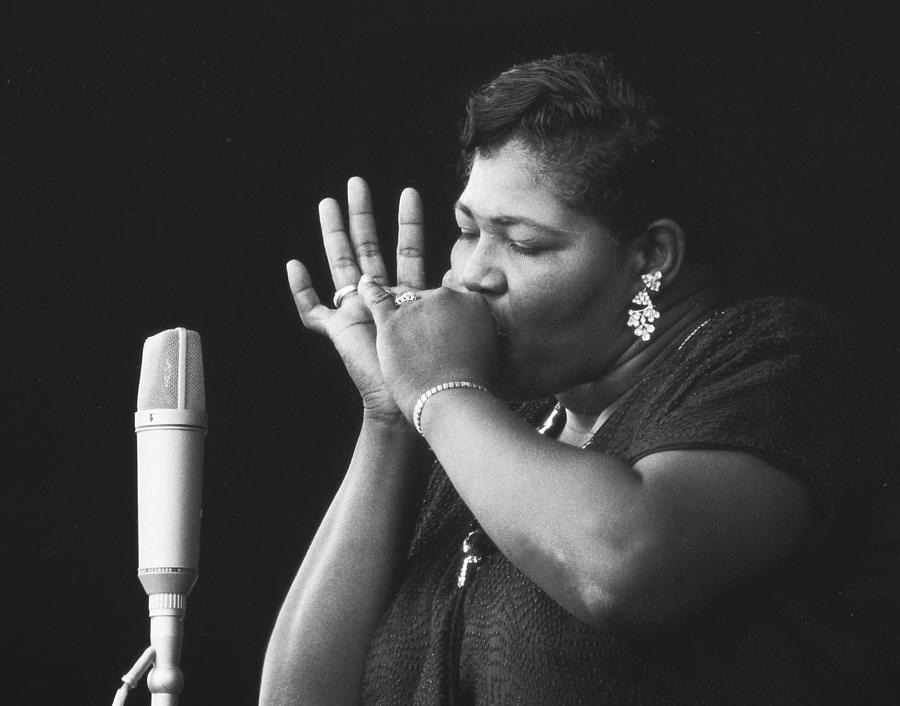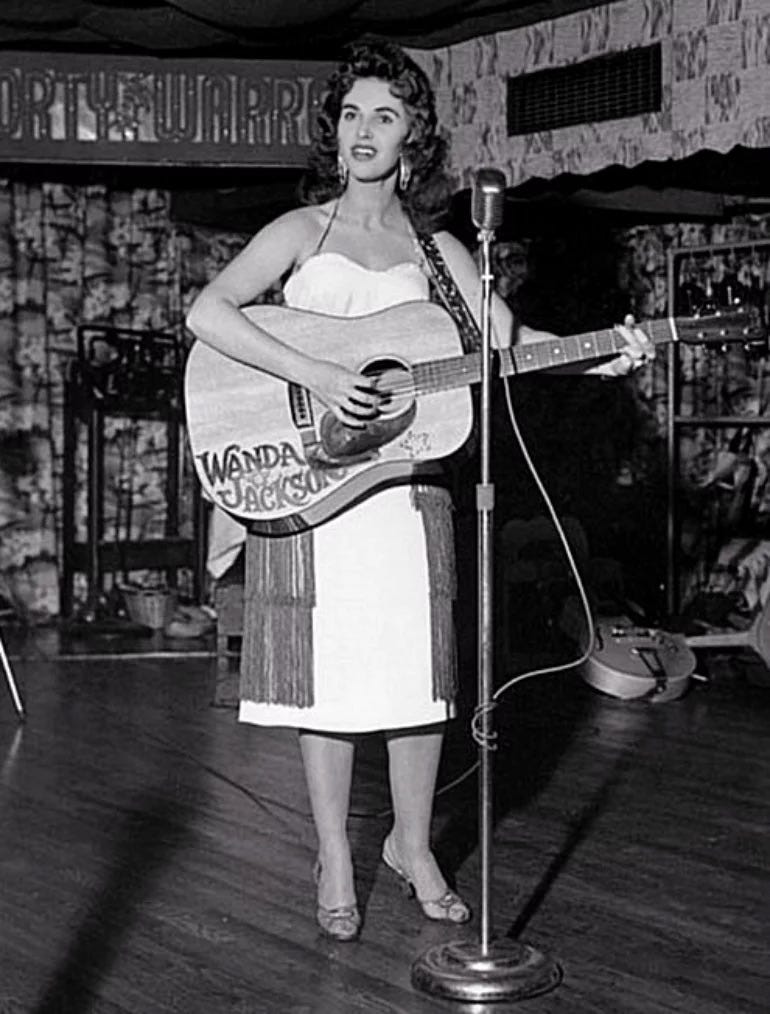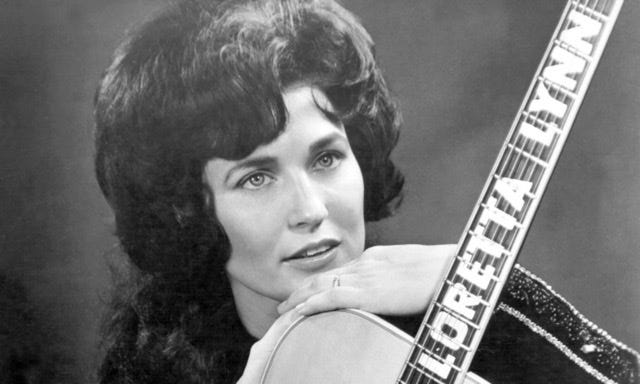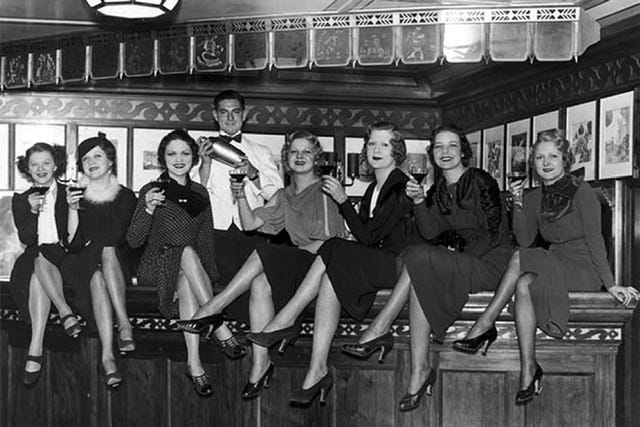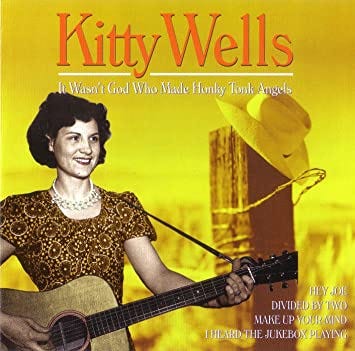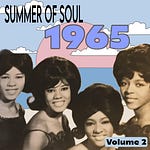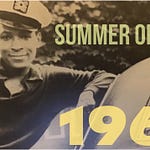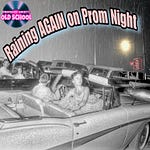OLD SCHOOL #7 Wild Life Macumba
Os Mutantes 1968, Barbara George 1961, Lou Christie 1966
For many who were there, regardless of our powers of recall, the psychedelic 60s are fueled by musical memories. Great Britain ruled with Beatles and Stones, trailed by a loopy gaggle that included Donovan, Small Faces, and infant Pink Floyd. Living in the USA meant the Dead, the Airplane, the Electric Flag, the plastic inevitable, the acid test.
But in Brazil, all those inputs were peppered with the home country heroes Os Mutantes. Weird, political, original, they were as psychedelic as the blue sands of Rio in the moonlight. They started in ‘64, regrouped and added and subtracted personnel over the years, but remain a global legend.
Presenting their first song, the gateway audio drug to the endless whirl that Os Mutantes!
BAT MACUMBA Os Mutantes
Barbara George wrote her single hit basing the melody on one of her church choir faves, “Just a Closer Walk with Thee.” The lyrics were pointed at the jerk she had married at 16. It was a blessing as well as a blessing out.
In 1961 “I Know” topped the R&B charts at hit #3 on the US pop charts. As composer, she reaped the benefits of cover versions by Ike and Tina, Fats Domino, Bonnie Raitt, and Cher. British invaders Billy J. Kramer and the Dakotas recorded it.
Such a fun song, it’s sleeping now, awaiting a reimagined cover somewhere down the line. How do I know? I Know.
I KNOW. Barbara George
Lugee Alfredo Giovanni Sacco turned 83 on Feb 19. His best birthday will always be his 23rd in 1966, when he had the Number One song in the country. On March 3, “Lightnin’ Strikes” went gold, signifying a million sales, mostly to teenage girls who knew exactly where Lou Christie was coming from. And where he wanted to go.
Most of Christie’s hits, heavy with falsetto and naughty romance, are rough and edgy for the times. To date he is the only artist to have a record banned for including the phrase “making out.” Christie loved the bad rich boy persona that emanate from his songs, his album covers, his live performances.
Lou forever comes across as the privileged white teen who shows up late for the chaperoned sweet sixteen birthday house party, rocking a plaid blazer. He’s driving his father’s Jaguar. And at some point of the party he takes two or three cool guys out to the driveway for a smoke and shows them the pistol in the glove box.
Christie and his labels created this image and squeezed it into a very successful career. “Wild Life’s in Season” is a lesser hit for him, but it is such a perfect example of what Lou Christie was all about. The man, the legend, the haircut.
WILD LIFE’S IN SEASON Lou Christie
Know someone who may enjoy some time in the Old School detention hall? Please share! Thank you😎
OLD SCHOOL #8 Junior and Georgie on a Mission
Junior Wells 1965, George Fame and the Blue Flames 1964, Mission of Burma 1981
Unlike the Underground FM sets I would put together in the early 70s as a charter member of the Association of Progressive Radio Announcers, these three song Old School shows don’t have much to do with each other. That will probably change but for these first few it’s grab bag mode. Unearthing genius locked silent for a half century is enough!
If today’s bill was a show, I would be there with you on the front row. Junior Wells was a legend. Musically he was family taught by cousins Junior Parker and Sonny Boy Williamson II. On the other side of the ocean Georgie Fame fed on American blues and brought a hep cat groove to the British Invasion. Fast forward a little and Boston’s Mission of Burma plays their first gig on April 1, 1979.
OK, push play please…
SNATCH IT BACK AND HOLD IT Junior Wells
Junior Wells, 1934-1998 enjoyed a 40 year performing career that established him as one of the baddest blowers of the blues harp. Born in Memphis, he attended the school of hard knocks in Chicago. He was performing with a group called The Aces in 1952 when he heard that Little Walter had dropped out of Muddy Waters band.
By the 1960s Junior was on his own when he recorded perhaps his greatest album, the Hoodoo Man Blues. The idea was to recreate in a studio what a night in a west side lounge might sound like Especially sweet is his Chicago Blues Band, consisting of bassist Jack Myers, drummer Billy Warren, and a guitarist called Friendly Chap on the first pressings, but you don’t need a weatherman to know that axe is being wielded by Buddy Guy.
Don’t even try to sit still. Junior Wells 1965…Snatch it Back and Hold It…
YEH YEH Georgie Fame
Georgie Fame points to Louis Jordan, Booker T and Mose Allison as major influences on his jazzy British style. Oddly enough, the sound was just offbeat and swinging enough to earn him a high rank in the British Invasion. His first hit had been recorded by Mongo Santamaria, with lyrics written by Jon Hendricks of Lambert Hendricks and Ross. London went cool cat, and Georgie has been bopping ever since.
From 1965, Georgie Fame and the Blue Flames and Yeh Yeh…YEH YEH George Fame and the Blue Flames!
THAT’S WHEN I REACH FOR MY REVOLVER Mission of Burma
Exactly where 80s punk was going to go was still a big question in 1981, when Boston’s Mission of Burma released their first EP, Signals, Calls and Marches. Here was a four piece band, with three traditional instruments and one guy running tape loops from a mixing desk, onstage no less.
Singer and bass player named the song after a Henry Miller essay, only to find out later that Miller had gotten the title from one of Hitler’s favorite Nazi sycophants, Hermann Göring. Here’s Mission of Burma, and a sweet little novelty entitled “That’s When I Reach for My Revolver…”
=====📻==OLD SCHOOL #9 Nothing But Psychopathia Sexualis
The Flirtations 1969, Lenny Bruce 1959, The Associates 1967
The Flirtations with a bold realization kick off #9! Then a yet to be lionized Lenny Bruce releases a single from his second groundbreaking (check the cover) album, recorded in 1958 at Ann’s 440 Club in San Francisco. He’s a young comic seeking to shock, relieve, poke, educate, and entertain all in 2 minutes of jazz poetry doomed for zero airplay.
Fast forward almost a decade down the line, and the hippy darlings of Grand Rapids, Michigan, hang the bedspreads on their 1967 garage walls, inhale a little Escanaba Waba, and memorialize their tie-die lifestyle in song.
NOTHING BUT A HEARTACHE The Flirtations
The Flirtations were an all girl soul group who could have called themselves the Pearce Sisters, except sisters Betty, Shirley, and Earnestine included their friend Viola Billups. They began life in the early 60s as the Gypsies, but changed their name in ’65 when they were signed by Josie Records. Betty left the group a year later. In 1967 the remaining Flirtations did their own American invasion, and moved to England, where they began recording for the Parrot, then the Deram label. Their big song of 1969 is what they are remembered for, a swinging big sound with enough Top 40 hooks to fill a tackle box. And even though it was a hit in the U.S., the group stayed in Great Britain for another ten years. Here’s the Flirtations and Nothing But a Heartache…
PSYCHOPATHIA SEXUALIS Lenny Bruce
Comedians have been going into recording studios for a long time. Novelty hits are a fast payday if they click, and if they don’t, there’s always another club. In his 40 years, Lenny Bruce would change the face of stand up comedy, not only because he brought dirty words to the stage, but because his vision of humor included savage observations on bigotry, religious contradictions, evil politicians, and everything that can go wrong in life and love. Lenny loved jazz and was a beatnik at heart, both which come through on this single that was released from the 1959 album The Sick Humor of Lenny Bruce.
BLESS OUR HIPPY HOME The Assortment
Today we dip into the Michigan garage sound of the 1960s. The Fenton label hailed from Sparta, Michigan, and ultimately became more famous than any of their bands. Most of their acts were little known, never made it nationally, but were huge on the Grand Rapids and Muskegon sock hop circuit. They also had excellent studio recordings made of their garage sounds, thanks to the Fenton engineers. Here’s a good example, a pretty dumb song with great production values. From 1967, it’s The Assortment and Bless Our Hippy Home…
OLD SCHOOL #10 Honky Tonk Women's History
Big Mama Thornton 1953, Wanda Jackson 1961, Loretta Lynn 1975 , Kitty Wells 1951
Ellen Muriel Deason, aka Kitty Wells, was 32 in 1951. Her latest country hit “It Wasn’t God Who Made Honky Tonk Angels” crossed the line. It blamed men for a few glaring inequities.
It was heard by Alabama-born Willie Mae “Big Mama” Thornton, 25. She had just signed with Peacock Records and was aiming for similar success. Her statement song was so powerful it was covered by Elvis Presley.
Loretta Lynn was a 19 year-old mother of three, still two years from receiving her first guitar from her husband as a birthday present. Wanda Jackson at 14 was already performing on the Oklahoma City radio stations where she first heard Kitty Wells and many others. She would snag a recording contract at 17.
All four scored in a tough, male dominated music business orbited around rough bars, juke joints, and smoke filled honky-tonks. They played one-nighters, visited out-of-the-way radio stations, and performed standing on orange crates in music centers and record stores.
And more than once they pondered real life in real songs. Grab a beer, it’s time for some “Honky Tonk Women’s History.” And don’t come home a-drinking with lovin’ on your mind.
HOUND DOG Big Mama Thornton
Big Mama Thornton’s version of Hound Dog, recorded almost four years before Elvis Presley got hold of it, takes on a whole new meaning when sung by a woman. And what a woman. Jerry Lieber and Mike Stoller wrote the song for Thornton, who at the time was singing with the Johnny Otis band. It topped the R&B charts in 1953, then turned into a legal nightmare. The Peacock label gave Otis writing credit, then the lawyers swarmed in when various takeoffs were released. The story goes that Elvis was unaware of Big Mama’s version when he recorded what would become a monster hit in 1956. Still, savvy critics noted that the song made little sense when sung by a man. Here’s the original, exhibit A, Big Mama Thornton recording in Los Angeles on August 13, 1952.
FUNNEL OF LOVE Wanda Jackson
Born in the tiny town of Maud, Oklahoma in 1937, Wanda Jackson is today considered to be one of the first true female voices on the vast landscape of rock and roll. She got her break when Hank Thompson heard her singing on the radio in Oklahoma City. She dated Elvis, who told her to move away from country gospel and to use that big voice to rock out. Her first record came out in 1956. We’re going to tune into a 1961 song, wherein she combines the power of love with a familiar sight on the Okie weather Map. From 1961, Wanda Jackson and Funnel of Love…
THE PILL Loretta Lynn
It is hard to imagine today the controversy that surround Loretta Lynn’s ode to birth control, a song called simply, The Pill. She was once quoted as saying “I’ve always said that you have to be different, great, or first. So maybe I was first—first to come to town, write my own stuff and sing it. You know, I think that’s what the whole deal has been.” In 1975 she became the first recording artist to mention birth control in a song. T. D. Bayless wrote the lyrics, Loretta recorded the song in 1972, but her fearful label sat on it for three years. The idea that a woman might have control over her life by regulating the number of children she bears was simply too hot to handle. Even when the song was released, many country radio stations took it upon themselves to shelter the public from these radical notions. Here it is, uncut and uncensored. From 1975, Loretta Lynn and “The Pill.”
Failed to render LaTeX expression — no expression found
IT WASN’T GOD WHO MADE HONKY TONK ANGELS Kitty Wells
Unlike many successful country stars, Muriel Deason was actually born in Nashville. Her husband Johnnie Wright of Johnnie & Jack added her to open the show, but he changed her name to something a little catchier, after the old folk ballad I'm a Goin to Marry Kitty Wells. In 1952, she exhibited her own bit of cat power, with a single that served as an answer to Hank Thompson's Wild Side of Life. A feminist cowgirl who claimed unfaithful women were the spinoff from unfaithful men was something new and dicey, and the song itself solidified her as the Queen of Country Music, someone for young Loretta Lynn and Tammy Wynette to look up to. Here she is with the song that put her name in lights. Kitty Wells and “It Wasn't God Who Made Honky Tonk Angels...”
Thanks for catching up on the good old days of Old School. Don’t miss the current installment and share with friends you know who need a rock ‘n’ roll vaca! The past is a blast!
OS#83 "Hey, Let's Twist"
Professor Mikey in the Old School today, on a field trip where we will be twisting the night away.




